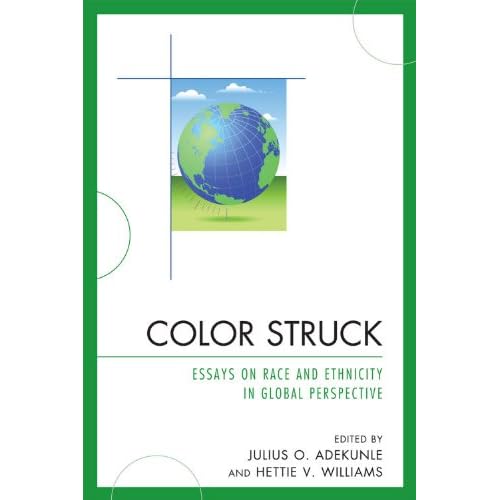Medicalizing RacismPosted in Articles, Communications/Media Studies, Health/Medicine/Genetics, Identity Development/Psychology, Media Archive, Social Science on 2015-11-22 20:18Z by Steven |
Contexts
Fall 2014, Volume 13, Number 4
pages 24-29
DOI: 10.1177/1536504214558213
James M. Thomas, Assistant Professor of Sociology
Department of Sociology and Anthropology
University of Mississippi
Sociologist James M. Thomas (JT) examines how public and scientific accounts of racism draw upon medical and psychological models, and how this contributes to our understandings of racism as a medical, rather than social, problem.
In June of 2013, Riley Cooper, a wide receiver for the NFL’s Philadelphia Eagles, was caught on video at a Kenny Chesney concert shouting, “I will jump that fence and fight every nigger in here, bro!” After a massive public uproar about the scene, Cooper, who is white, released a statement announcing that he would speak with “a variety of professionals” in order to ”help me better understand how I could have done something that was so offensive, and how I can start the healing process for everyone.” His team excused Cooper from activities so that he could get expert help to “understand how his words hurt so many.”
It was hardly the first time a high-profile figure sought professional counseling after being associated with an act of public racism. In 2006, while performing at a West Hollywood comedy club, Michael Richards, best known as Kramer from the hit television series Seinfeld, lashed out at hecklers, referring to them as “niggers.” Afterward, Richards’ publicist quickly issued a statement announcing that his client would seek psychiatric help. Paula Deen, Mel Gibson, and John Rocker also pledged publicly to seek treatment for their racism—reflecting a growing tendency to frame racist acts as a mental health issue.
How did racism come to be seen as psychopathological, and how might that understanding influence efforts to combat racism? With that question in mind, I examined mainstream print media, and conference proceedings, presidential addresses, and debates within the American Psychiatric Association from the period immediately following World War II through the present. I also analyzed public speeches by civil rights activists from the late 1950s through the early 1970s
Over time, this research shows, experts expressed growing concern about the psychopathological consequences of racism on victims, and the effects of being racist—a mental health discourse that is transforming our understanding of the nature and causes of racism. In this medicalized model, new protocols focus on treating those who suffer from the condition of racism. It is an understanding that reflects the “new racism” of the post-civil rights era…
Read (for free for a limited time) the article here.


